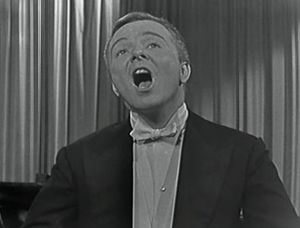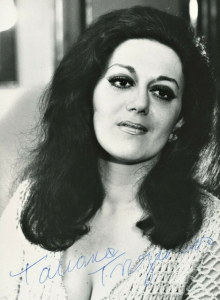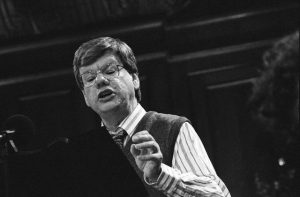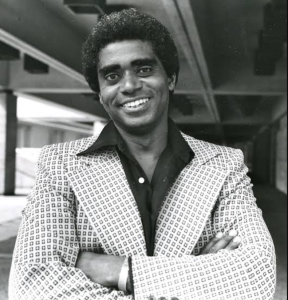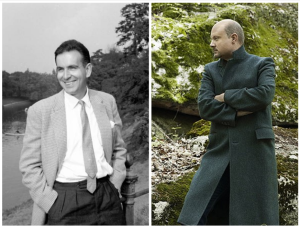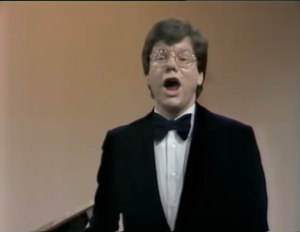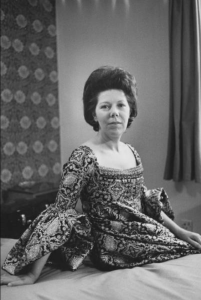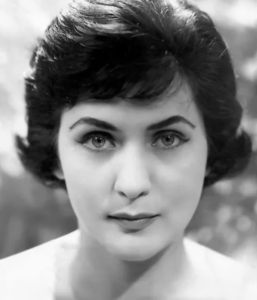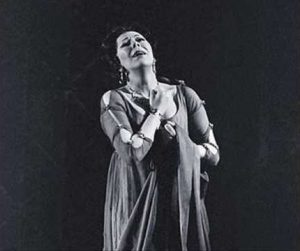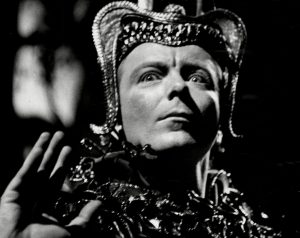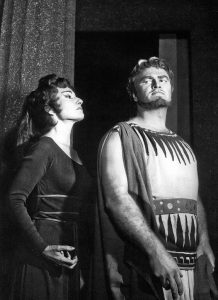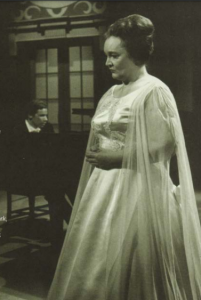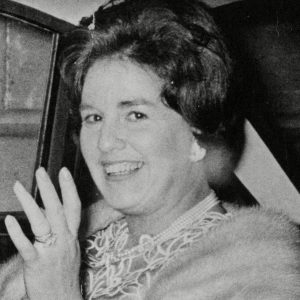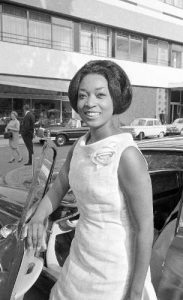Podcast: Play in new window | Download (Duration: 1:30:16 — 103.1MB) | Embed
Subscribe: Spotify | TuneIn | RSS | More
I’ve been so lucky this week to cross paths with several beloved friends and colleagues, in some cases for the first time in ages. One of those friends of many years’ standing is the legendary countertenor Drew Minter, with whom I made my very first appearances on the New York concert stage… well, a few years back now! Seeing Drew made me think not only to his influence on me in my early years of singing, but also of the influence of the earliest (and still to my mind the greatest) of all American countertenors, Russell Oberlin. A few years ago, I dedicated a pair of episodes to him, and today I present to you the second of those episodes, originally fashioned exclusively for my Patreon subscribers, yet another “refurbished” Countermelody episode that now sees the light of day. I explore Oberlin’s performances of medieval and renaissance music, both with the New York Pro Musica (The Play of Daniel, Dufay, and Dowland) and with the Experiences Anonymes record label (Byrd and 13th Century French Polyphony). I also offer examples of Oberlin’s expertise in performance of baroque music, offering two Bach arias (one performed with Leonard Bernstein, the other with Glenn Gould), and several Handel selections, including a complete cantata from one of his rarer LP releases. In addition, we hear a live excerpt of his Oberon in Midsummer Night’s Dream opposite the late British soprano Joan Carlyle, as well as a surprising outing as one of the commedia dell’arte players in Strauss’s Ariadne auf Naxos, opposite the Zerbinetta of the great African American coloratura soprano Mattiwilda Dobbs. There are additional surprises along the way. The episode opens with a heartfelt tribute to Drew, my reunion with whom prompted this episode in the first place.
Countermelody is a podcast devoted to the glory and the power of the human voice raised in song. Singer and vocal aficionado Daniel Gundlach explores great singers of the past and present focusing in particular on those who are less well-remembered today than they should be. Daniel’s lifetime in music as a professional countertenor, pianist, vocal coach, voice teacher, and journalist yields an exciting array of anecdotes, impressions, and “inside stories.” At Countermelody’s core is the celebration of great singers of all stripes, their instruments, and the connection they make to the words they sing. By clicking on the following link (https://linktr.ee/CountermelodyPodcast) you can find the dedicated Countermelody website which contains additional content including artist photos and episode setlists. The link will also take you to Countermelody’s Patreon page, where you can pledge your monthly or yearly support at whatever level you can afford.
